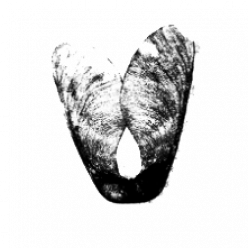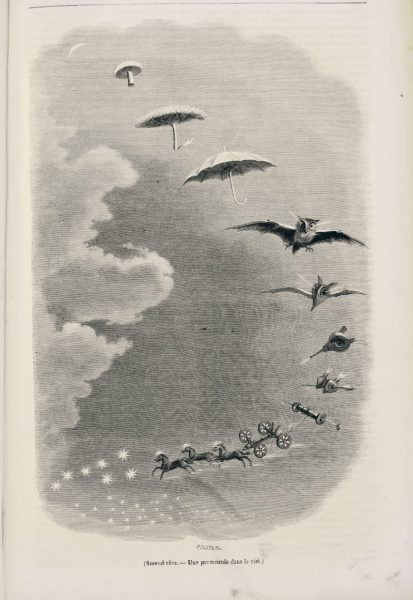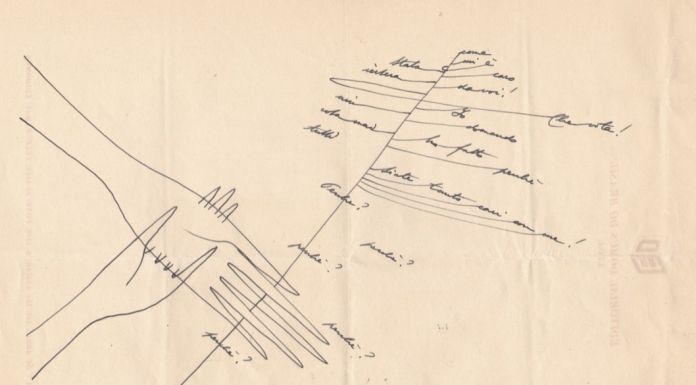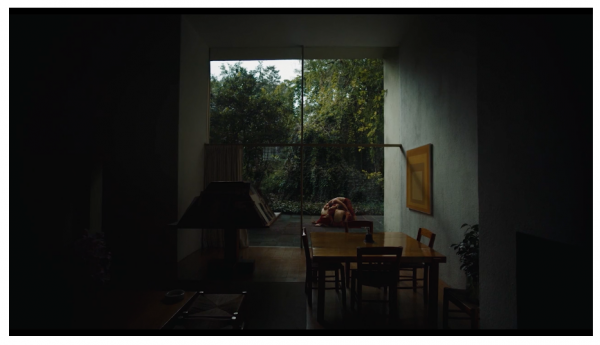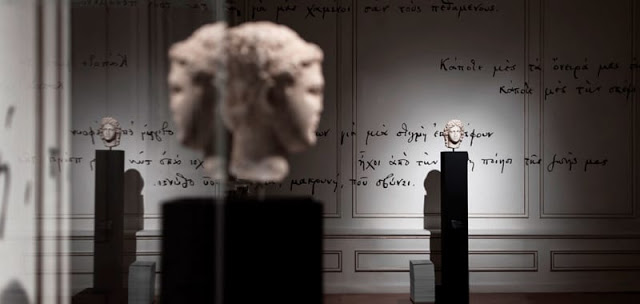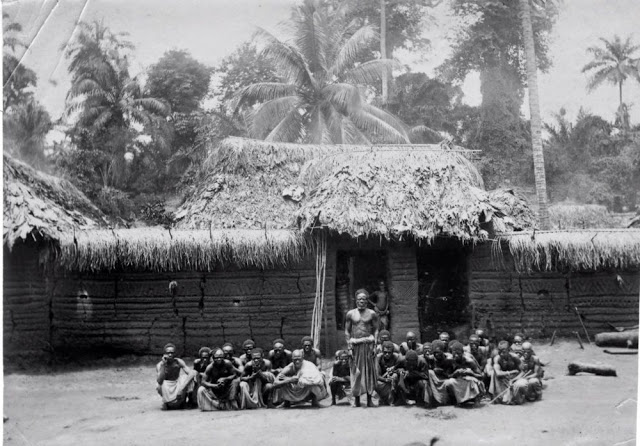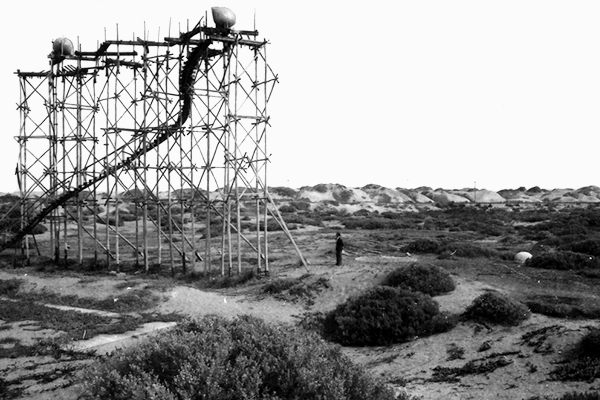“ Taking a Line for a Walk.” – Paul Klee
Há duas semana atrás estreei-me no palco com uma peça sobre Babel (voltaremos a ela mais tarde). Durante muito tempo me tenho debatido sobre esta coisa de ser arquitecta sem o ser. Descobri há quinze dias que estar no palco a criar momentos e estórias foi o ponto mais alto de quase uma década.
Desde então que a pergunta “como seguir?” ficou a marinar dentro de mim. Estive numa conversa com o artista sul africano William Kentridge, que não conhecia, mas com o qual me identifiquei rapidamente. Kentridge trabalha com a sombra, em todos os suportes possíveis (desenho, fotografia, video, escultura) o que me fez repensar o que é ser um artista.
Marcel Duchamp queria abolir o conceito de arte, repensar tudo, deixar o ser humano exprimir-se de todas as formas possíveis e imaginárias. Nada contra, mas ainda me questiono e o talento, e o conceito de beleza, e capacidade de nos emocionar? É mesmo tudo possivel?
Kentridge responde a todas as minhas perguntas de forma afirmativa. Toca-me na alma por me falar de África? Talvez! Por me levar num passeio a preto e branco no efêmero? Completamente.
O que é certo, é que me voltou a fazer pensar e repensar a sombra sobre outra perspectiva, tal como a Alegoria da caverna. Segundo Kentridge, a ideia do iluminismo é também ele um conceito colonizador. A ideia de obrigar as pessoas a ver algo de determinada forma. Fez-me analisar o papel secundário, mas preponderante, dos que projetam as sombras, também alí de certa forma, escravos.
“Para ver algumas coisas sobre um novo ângulo, ou até de uma forma completa por vezes é preciso olhar para a sombra, a luz pode cegar.”
Volto ao conceito de sombra, tardiamente quem sabe, para me redescobrir sob uma luz diferente, alguém que se molda e reconstrói todos os dias.
Por fim, artista!
